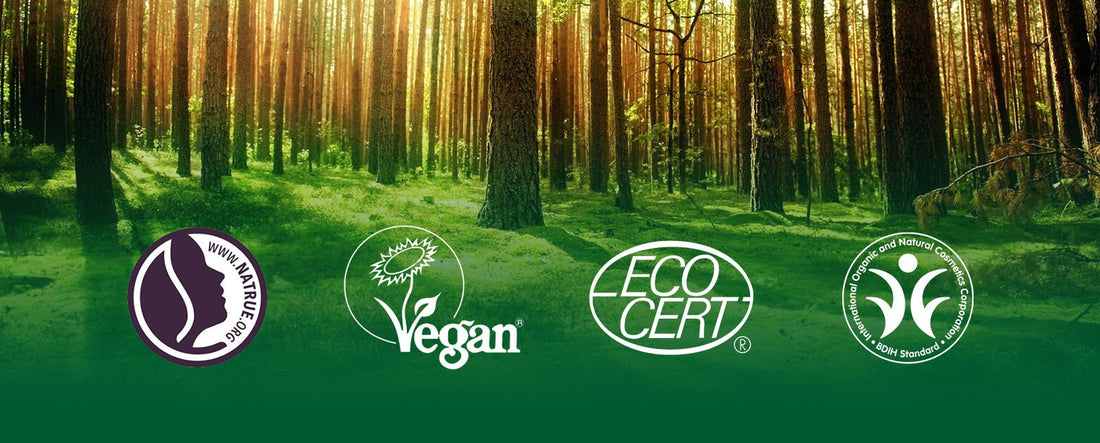Natural cosmetics are not always the same. Even if the packaging gives the impression because it is perhaps printed with particularly green plants, the ingredients can be anything, but organic.
To help consumers recognise genuine natural cosmetics more quickly, cosmetic producers can get certified and use special seals as a guide.
We have just joined BDIH in Germany, which we consider the strongest European certification for organic cosmetics products.
As a non-profit organisation, the BDIH represents the interests of manufacturers and distributors of:
- Cosmetics/natural cosmetics
- Food supplements
- Dietetic foods
- Over-the-counter medicines
- Medical products
And more than 500 companies are currently organised in BDIH.
Main requirements of BDIH certification
As early as 2001, the Federal Association of German Industrial and Trading Companies (BDIH for short) developed the test seal to identify controlled natural cosmetics.
Products bearing this seal must meet clearly defined criteria.
For example, plant-based raw materials should come predominantly from organic cultivation.
Animal testing is also prohibited - both in the production, development and testing of the end products.
Synthetic dyes and fragrances, silicones, kerosenes and other petroleum products are also not permitted.
Raw materials from dead vertebrates - for example collagen and animal fats - are also not permitted. However, substances produced by animals, such as milk or honey, are permitted.
Read more at www.BDIH.de.





